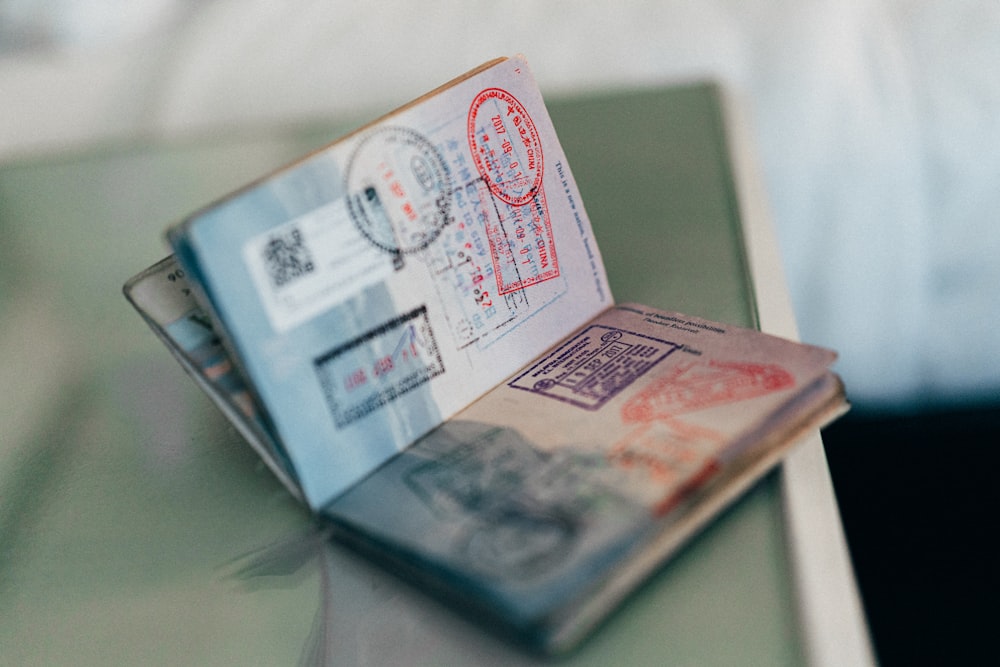
According to figures from last year, over 28000 foreign individuals were denied visas since they did not meet the essential standards. Have you ever gone through the painstaking process of preparing and providing documentation for a visa just to be turned down?
Are you planning to submit your visa request and wish to make sure you’re ready if it’s denied? Here in this text, you can read all about the reasons behind the rejection of an Australian visa and how you can avoid those errors.
Reasons for Visa rejection: The reasons for your visa’s refusal may vary depending on the type of visa you have applied for and your purpose for visiting Australia. The types of visas and the reasons for visa rejection are listed below.
1. Student Visa
Interview Refusal: Visas are occasionally refused after an interview with the Customs and Border Control Agency. The student who attended the meeting did not respond genuinely to the queries and could not articulate a compelling reason for staying in Australia. If you are called in for a meeting, you must answer all questions truthfully and accurately.
Inability To Satisfy ACADEMIC REQUIREMENTS
It is to be anticipated at this point. To be eligible for a study visa, you must first be accepted as a learner. It means that to continue your studies, you must have achieved the necessary education ability.
Educational admittance criteria (apart from proof of English speaking ability) differ by subject, degree of schooling, and institution. They differ slightly from one college to another. To check if you are eligible, thoroughly review the program details on their webpage.
Inability to speak English
If you plan to enroll in an Australian college, you’ll need to know the English language. It indicates that you must meet the English linguistic criteria for your study permit to be approved. Several programs will require you to submit your English speaking exam scores with your visa request.
2. Travelling Visa
Failure to comply with health regulations
Australia insists that most visa candidates complete certain medical requirements before being granted a visa to keep costs down on things like national welfare subsidies, perks, and annuities.
A vital component of the visa request procedure is fitness. When someone has a medical issue regarded as a serious expense to Australian society, it might be grounds for denial.
Failure to meet the criteria of a possible tourist
The inability of the candidate to satisfy the legitimate criteria for a possible guest is one of the most common grounds for an Australian visa request being rejected. Authorities frequently assess the individual’s economic assets in this aspect to see if the candidate will feel obliged to move to their home nation. Before making a judgment, the individual’s conditions, such as a civil disturbance in their home country or any financial inequalities that would cause the candidate to stay in Australia, are considered.
Giving contradictory or incorrect details
Providing conflicting or incorrect data might lead to the candidate being subjected to the public interest criteria (PIC) 4020, which implies that if their visa is denied, Australia may not issue them additional visas for a period of three to ten years.
Bogus account information, pretending to reside and operate in a specific region, fabricating or forging connections to match marriage visa criteria, and lying about having in a connection are all examples of providing incorrect data.
By avoiding the faults mentioned earlier, anyone who has never been involved in illegal activity or has never had a financial or health issue can easily apply for an Australian visa. You can prevent rejection by adhering to all visa application requirements and limits, as well as conducting thorough research before applying for a visa.

